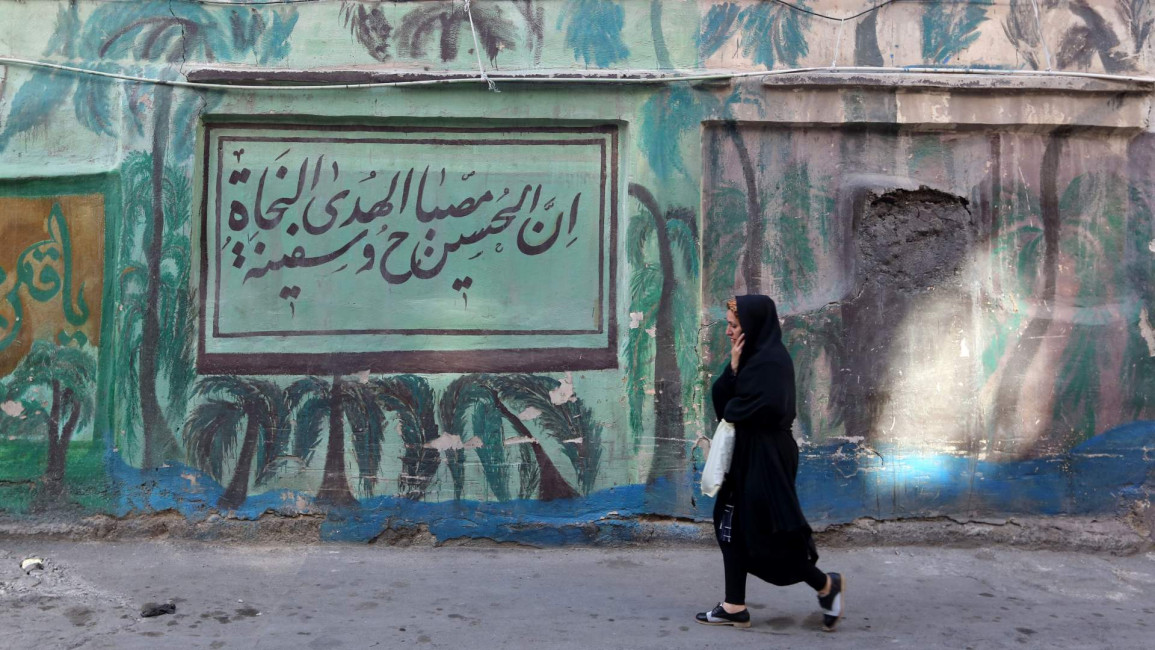US sanctions 'ruining lives', Iran tells International Court of Justice
Iran urged the UN's top court on Wednesday to hear its bid to overturn US nuclear sanctions, saying they were destroying the Iranian economy and "ruining millions of lives".
The International Court of Justice (ICJ) in The Hague is hearing arguments this week from Tehran and Washington before deciding whether it has jurisdiction to deal with the case.
Iran dragged the United States to the ICJ in 2018 when President Donald Trump pulled the US out of a landmark deal limiting Iran's nuclear programme and reimposed sanctions.
Tehran's representative Hamidreza Oloumiyazdi told the court by videolink that the sanctions were a "clear breach" of a 1955 "Treaty of Amity" between Iran and the United States.
"The US measures and the underlying policy of maximum pressure disregard the very foundation of international law," Oloumiyazdi said.
He said the sanctions were causing "hardship and suffering" including a record drop in Iran's trade, a near-doubling of food prices and "severe" effects on the health system.
"All that matters now for the US administration is whether its measures are succeeding in destroying the Iranian economy and ruining the lives of millions of Iranians," Oloumiyazdi added.
The US urged the ICJ to reject the case on Monday, saying the sanctions have nothing to do with the friendship treaty, which predated the 1979 Islamic revolution in Iran and subsequent severing of ties between the two countries.
It argued that the sanctions were necessary because Iran posed a "grave threat" to international security.
Washington formally ended the Treaty of Amity in late 2018 after the ICJ ordered it to ease sanctions on humanitarian goods as an emergency measure while the overall lawsuit is dealt with.
A decision on jurisdiction by the ICJ, which was set up after World War II to rule in disputes between nations, could take several months, while a final ruling would take years.
The 2015 nuclear deal -- involving the five permanent members of the UN Security Council -- Britain, China, France, Russia and the United States, plus Germany -- has hung by a thread since Trump pulled out.
The accord promises Iran sanctions relief in exchange for curbing its nuclear programme, but Tehran has stepped up nuclear activities since last year after the US reimposed sanctions.
Follow us on Facebook, Twitter and Instagram to stay connected


![President Pezeshkian has denounced Israel's attacks on Lebanon [Getty]](/sites/default/files/styles/image_684x385/public/2173482924.jpeg?h=a5f2f23a&itok=q3evVtko)



 Follow the Middle East's top stories in English at The New Arab on Google News
Follow the Middle East's top stories in English at The New Arab on Google News


